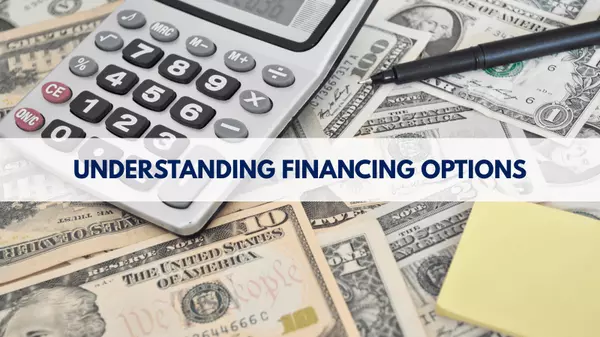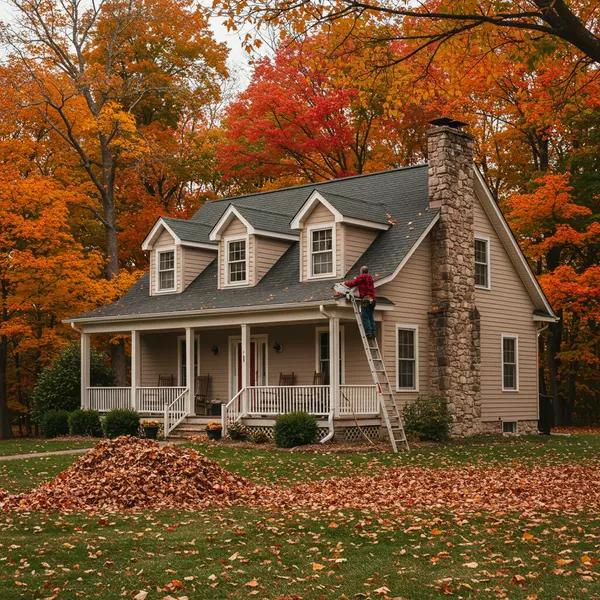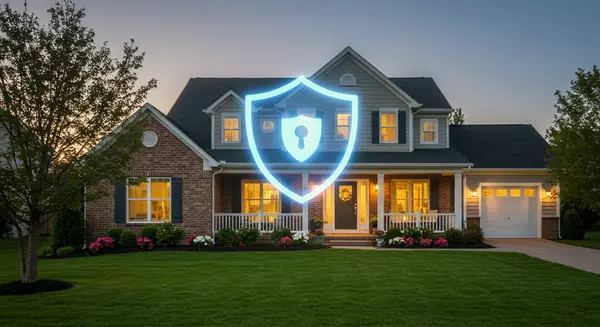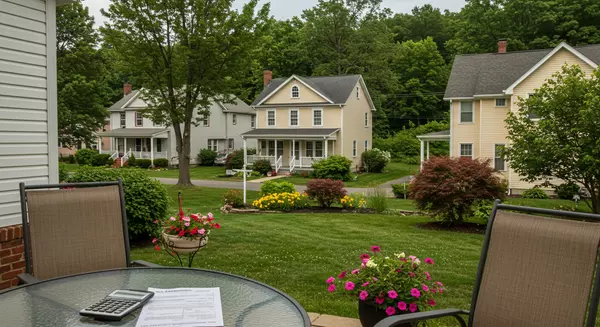Estate Planning & Real Estate: What Happens to Your Property After You’re Gone?
When it comes to estate planning, real estate is often one of the most valuable assets people leave behind. Whether it’s a primary residence, vacation home, or investment property, making a plan for what happens to your property after you pass away is crucial to preserving its value and ensuring a smooth transition for your heirs.
Here’s what homeowners in Pennsylvania should know about protecting their real estate through estate planning.

1. Include Real Estate in Your Will
A will is the most basic estate planning tool. In Pennsylvania, you can designate who will inherit your property after your death. Without a will, the state’s intestacy laws will determine who gets what, which may not reflect your wishes.
Pros:
-
Simple and cost-effective to set up
-
Legally enforceable
Cons:
-
Property will go through probate, which can be time-consuming and public
Tip: Clearly name your property and the intended heir to avoid confusion or disputes.
2. Use a Revocable Living Trust
A revocable living trust allows you to transfer ownership of your property into a trust during your lifetime. Upon your death, the trust distributes the property to your beneficiaries, bypassing probate.
Benefits:
-
Avoids probate
-
Provides privacy
-
Can include provisions for managing the property if you become incapacitated
This option is ideal if you own multiple properties or want more control over how and when assets are distributed.
3. No Transfer on Death Deed in PA? Consider These Alternatives
While some states offer a Transfer on Death Deed (TODD) to let homeowners pass property directly to a beneficiary outside of probate, Pennsylvania does not recognize TODDs for real estate. But don’t panic — there are still strategic ways to simplify property transfer after your passing.
Options in PA include:
-
Revocable Living Trust – A trust can hold the title to your home and name a successor trustee to transfer the property after your death — completely bypassing probate.
-
Joint Tenancy with Right of Survivorship – If you co-own a property with someone (like a spouse), this setup allows the surviving owner to automatically inherit the property.
-
Life Estate Deed – You retain the right to live in and control the property for life, but ownership is legally transferred to a beneficiary upon your death. Just note: this option limits your ability to sell or refinance without their consent.
These strategies can ensure a smoother transition for your loved ones and avoid the delays and costs of probate. Always consult with a Pennsylvania estate attorney to choose the best fit for your goals.
4. Be Aware of Inheritance Taxes
In Pennsylvania, real estate passed to heirs may be subject to inheritance tax. Rates vary based on the relationship between the deceased and the beneficiary:
-
0% for transfers to a surviving spouse
-
4.5% for direct descendants (children, grandchildren)
-
12% for siblings
-
15% for other heirs
Plan ahead with an estate attorney or tax advisor to minimize the tax burden and avoid surprises for your beneficiaries.
5. Keep Your Paperwork in Order
It’s not just about legal tools — make sure your deeds, mortgage statements, insurance policies, and estate planning documents are organized and accessible. Let your loved ones know where to find them.
A well-structured plan ensures your property becomes a gift, not a burden.
Final Thoughts
Estate planning isn’t just about money or paperwork — it’s about leaving a legacy. Your home is a meaningful part of your life story. By planning now, you give your loved ones the clarity and confidence they’ll need during a difficult time.
Need help connecting with a trusted estate attorney or exploring how your real estate fits into your long-term plan? We’re here to help.
Categories
Recent Posts











